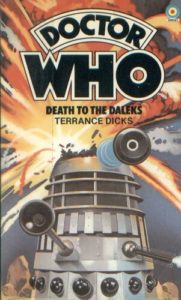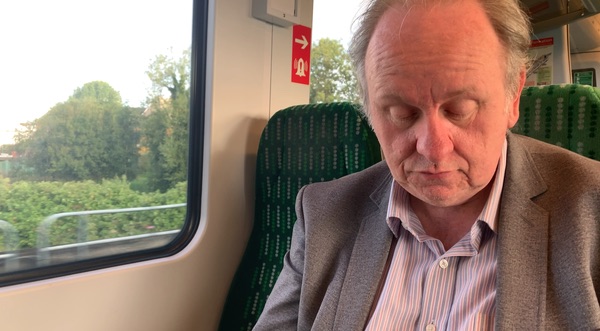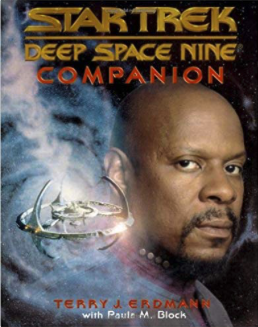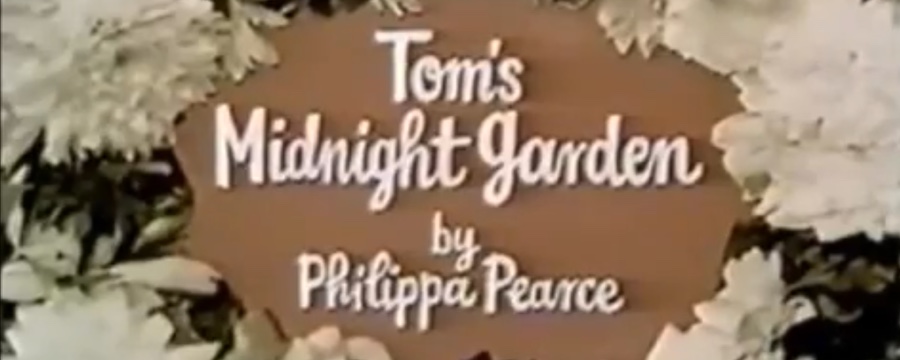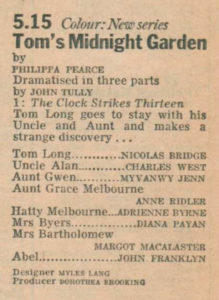“You’re part of it now.”
The now late Shirley Rubinstein, wife of writer Alan Plater, said that to me ten years ago. My book with the long title, “BFI TV Classics: The Beiderbecke Affair” was just coming out and Beiderbecke meant more to her than it did even to me. “The Beiderbecke Affair” is a 1980s ITV drama by Alan Plater and both he and Shirley have told me that it, plus its sequels, is really “Alan and Shirley having adventures”.
This is a case of maybe you’ve heard of “The Beiderbecke Affair” and maybe you haven’t. But it’s also a case where if you have heard of it, if you do know it, it’s something personal to you, you don’t think anyone else has heard of it. It isn’t six one-hour episodes that were a hit watched by millions, it is two characters, Trevor Chaplin and Average-Sized Mrs Swinburne, it is two friends of yours.
More than two, there’s Big Al and Little Norm as well. Later on there is the character with my favourite name in the entirety of television drama: “Peterson – the Man with No Name”.
Even this week, someone said that they thought they were the only person who knew this show. And for some years after the book came out, I would be contacted by Beiderbecke fans who thought exactly the same thing. One of them sent me a Google map with all of the show’s filming locations marked out and he seemed so pleased that I’d be as interested as he was in it.
Right from the first showing in 1985, “The Beiderbecke Affair” had this way of gluing you to it like a fan, but also cocooning you in the story, in the Beiderbecke world, like it was just you, Jill and Trevor, not millions of others.
Watch it now – a peculiarly edited version is on BritBox and they won’t tell me why they’ve cut the bits they have – and I think it’s still seductive. It’s a drama series in which nothing seems to happen, yet not because it’s a piece of Sunday night light fluff. I suppose it’s gentle, but again that’s now a pejorative word for me and brings to mind empty dramas where the baddies always get their comeuppance. Alan Plater wrote once that he preferred dramas to be about people being, living, not thrown into melodramatic situations. Beiderbecke is a slice of Jill and Trevor’s life, and it’s only by the end of six episodes that you really register just how very much has happened.
Six episodes. With ad breaks, that’s considerably less than six hours of television drama and I’m still writing about it 37 years later. Quite right too.
Shirley was obviously aware of the impact of the show, she’d had the fans and the letters. I’m proud of the fact that – although I’ve forgotten how this could possibly have come about – I am the reason Alan Plater got a fan letter from Chris Beiderbecke, grandson or later of the musician, Bix Beiderbecke.
When Shirley said I was part of it now, I felt so proud. I can see her saying it to me, holding a copy of the book.
“You’re part of it now,” she said. “Whenever anyone looks for The Beiderbecke Affair, whenever anyone even just Googles the word ‘Beiderbecke’, your book will come up.”
“If they can spell Beiderbecke,” I said.
